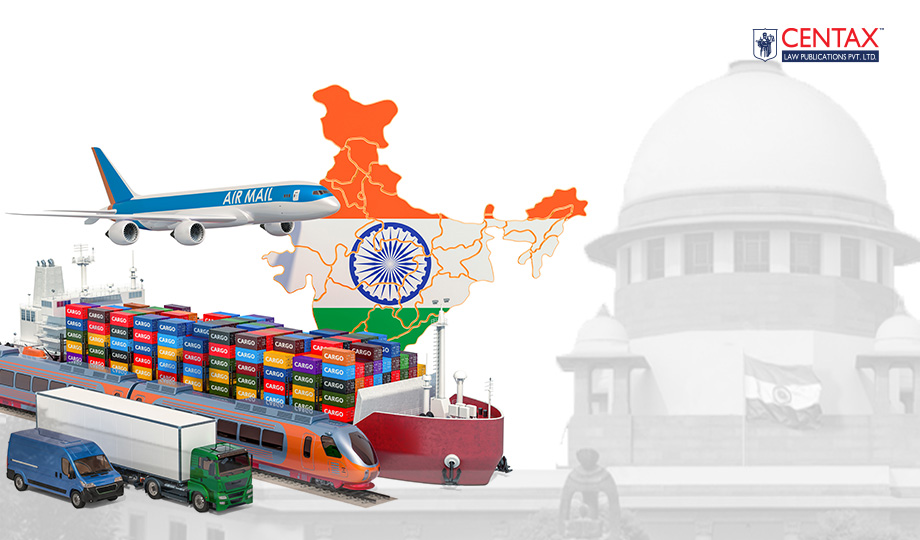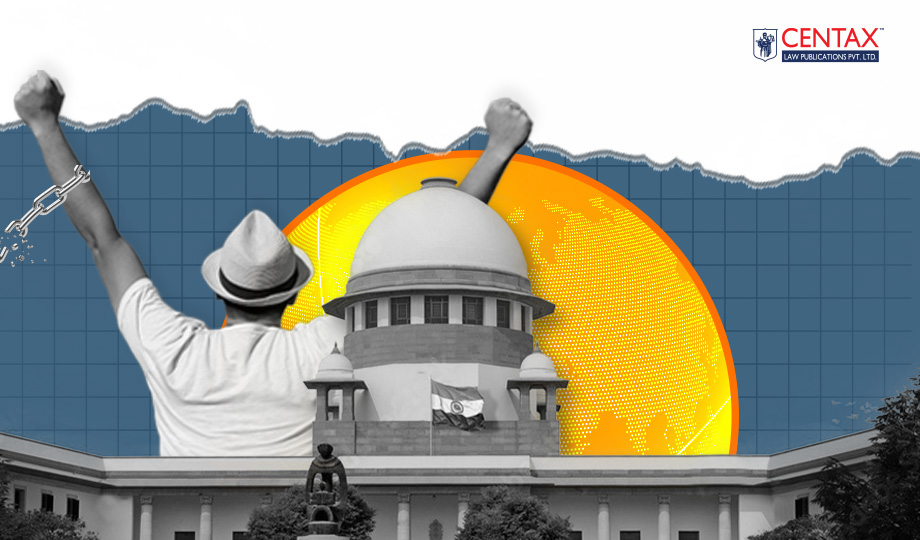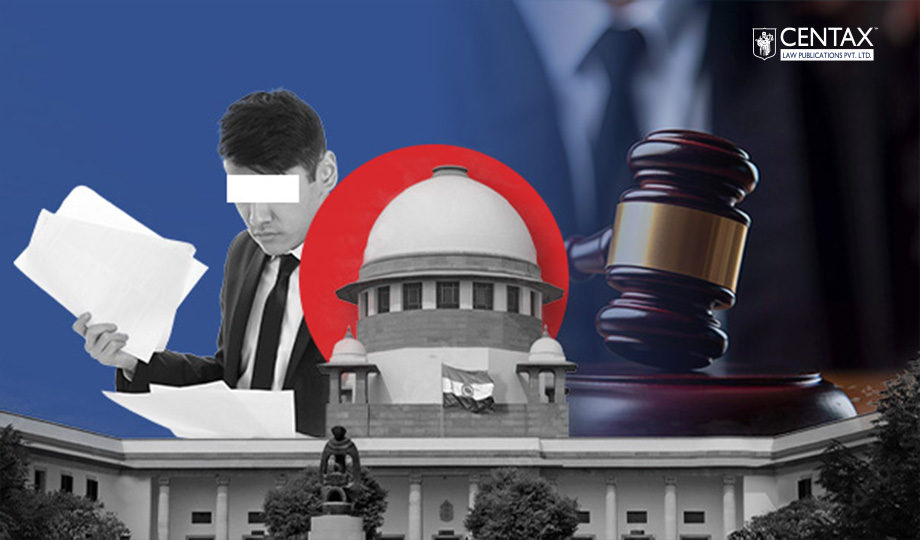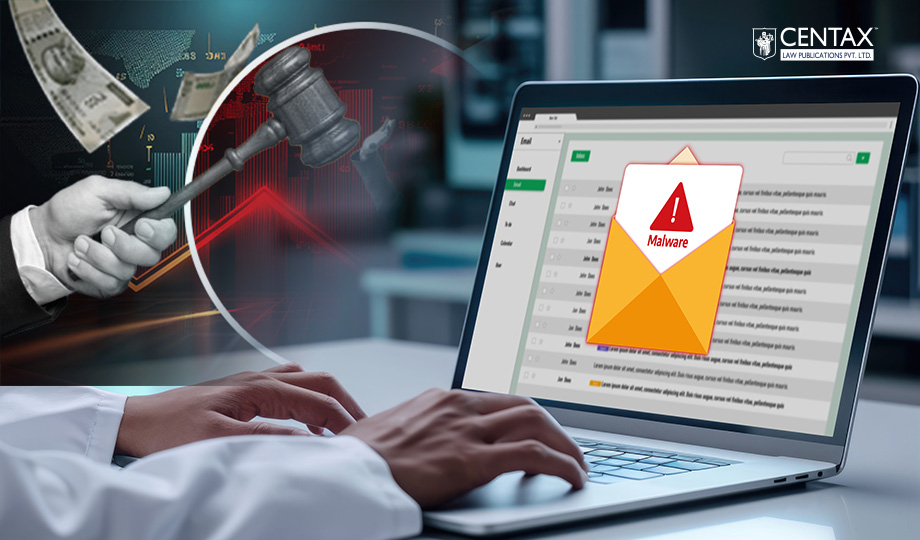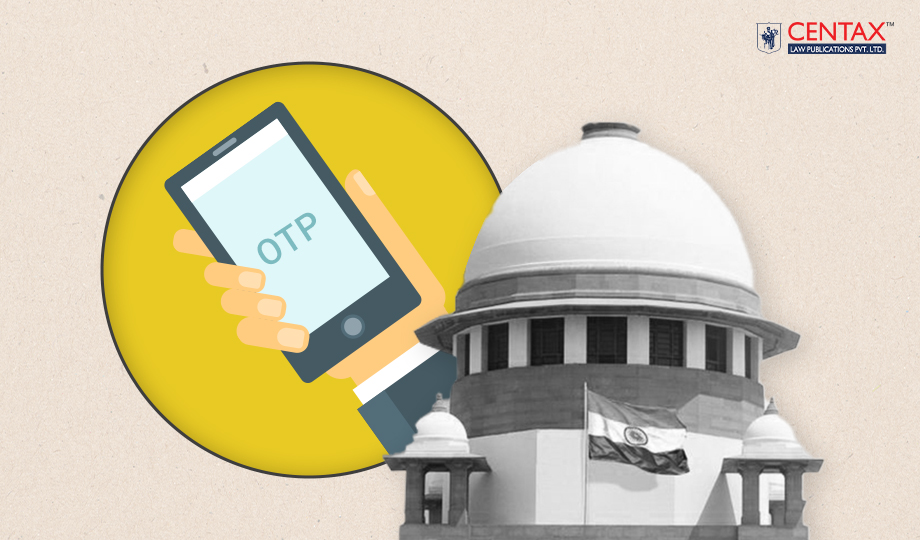
Case Details: Radhey Traders vs. Assistant Commissioner, CGST Delhi East Commissionerate (2025) 33 Centax 405 (Del.)
Judiciary and Counsel Details
- Pratibha M. Singh & Shail Jain, JJ.
- S/Shri Ankit Majumder & Puneet Kapoor, Advs., for the Petitioner
- S/Shri Arun Khatri, SSC, Ms Anoushka Bhalla, Sahil Khurana, Akshay, Sainyam Bhardwaj, Ms Himanshi Singh, Ms Monalisha Pradhan, Advs. and Ms Arunima Dwivedi, CGSC, for the Respondent
Facts of the Case
The petitioner challenged orders confirming denial of ITC and additional tax liability arising from discrepancies between GSTR-1 and GST-3B. It was contended that the petitioner’s GST registration number had been misused for effecting sales and that the petitioner had shared OTPs from his mobile number with a third party only for the limited purpose of suspension of registration. On the basis of those OTPs, however, several firms were created through which fraudulent ITC was availed. The petitioner submitted that he could not be held liable for such fraudulent availment and sought relief through a writ petition. The matter was accordingly placed before the High Court.
High Court Held
The High Court held that, since the OTPs were voluntarily shared by the petitioner with a third party, leading to creation of multiple firms and fraudulent availment of ITC, the petitioner could not claim to be completely innocent while preferring a writ petition against the impugned orders. It was observed that the writ jurisdiction could not be invoked to conduct a factual inquiry into responsibility for fraudulent transactions under Section 16 read with Section 61 of the CGST/Delhi GST. The Court clarified that the giving of OTPs and their subsequent misuse is a matter requiring detailed investigation by police authorities, which falls outside the writ jurisdiction. Accordingly, the High Court declined to interfere, emphasizing that such cases of fraudulent ITC must be subjected to proper investigation by competent law enforcement authorities.













